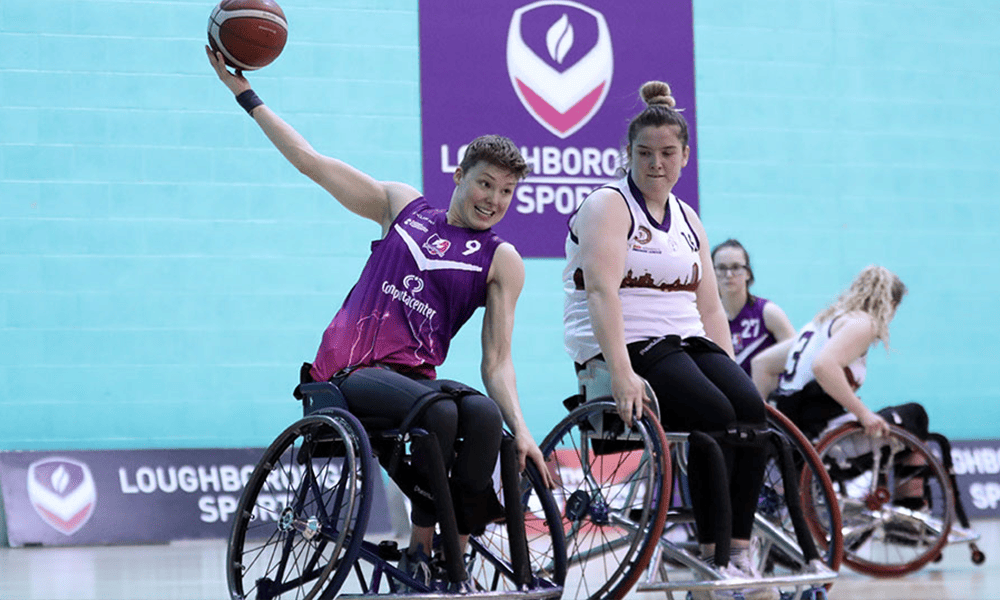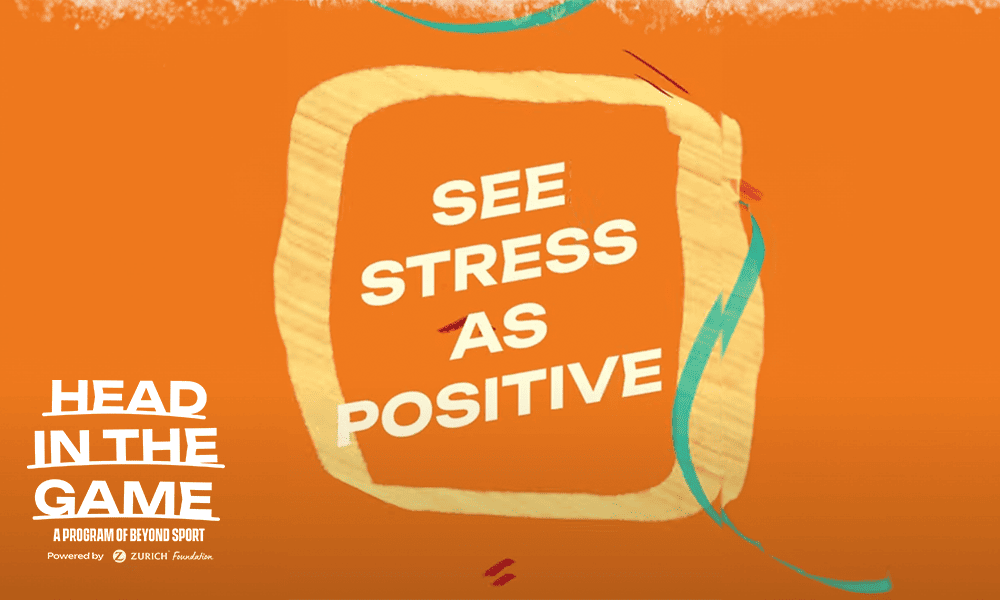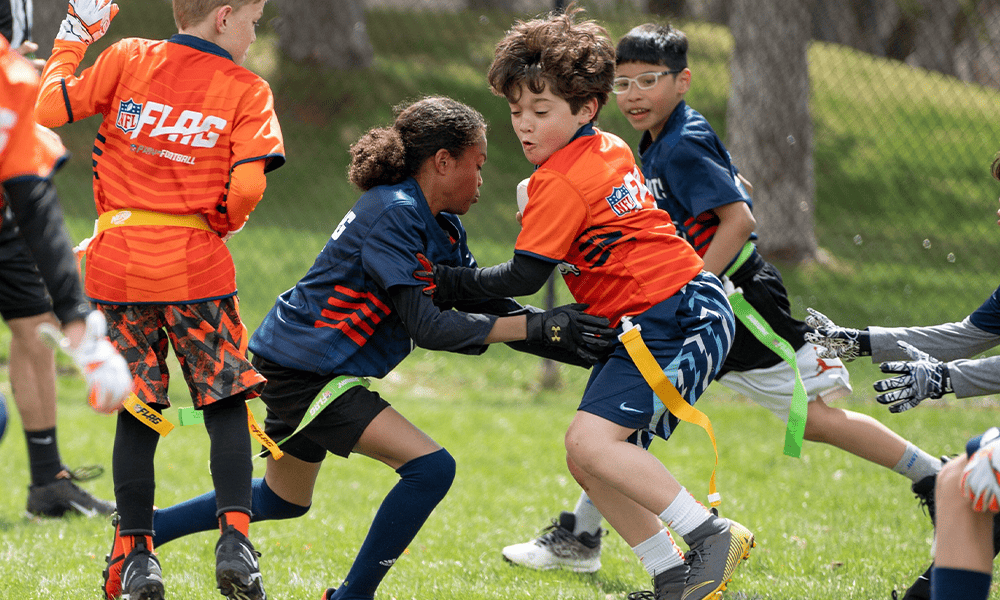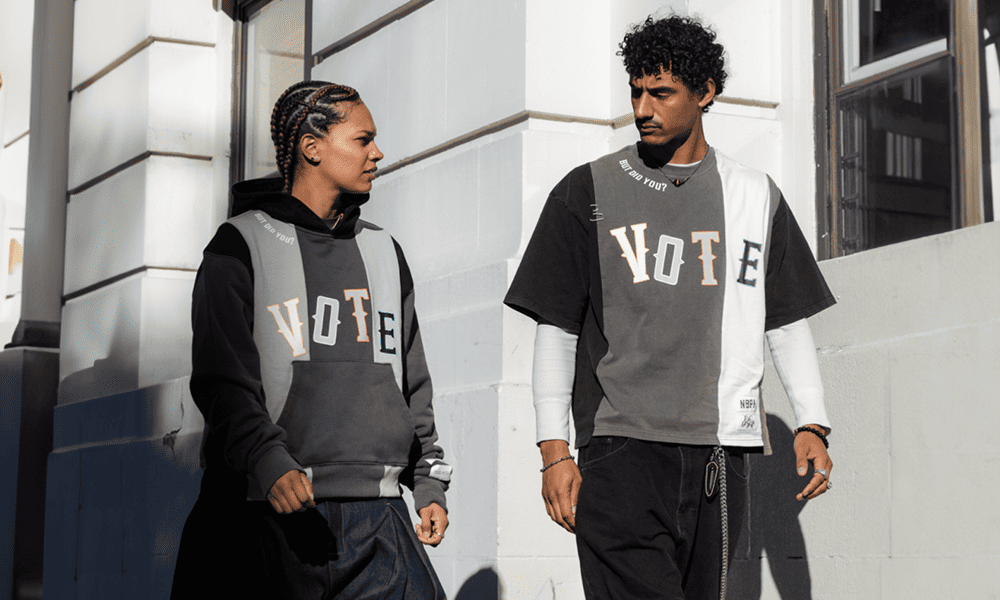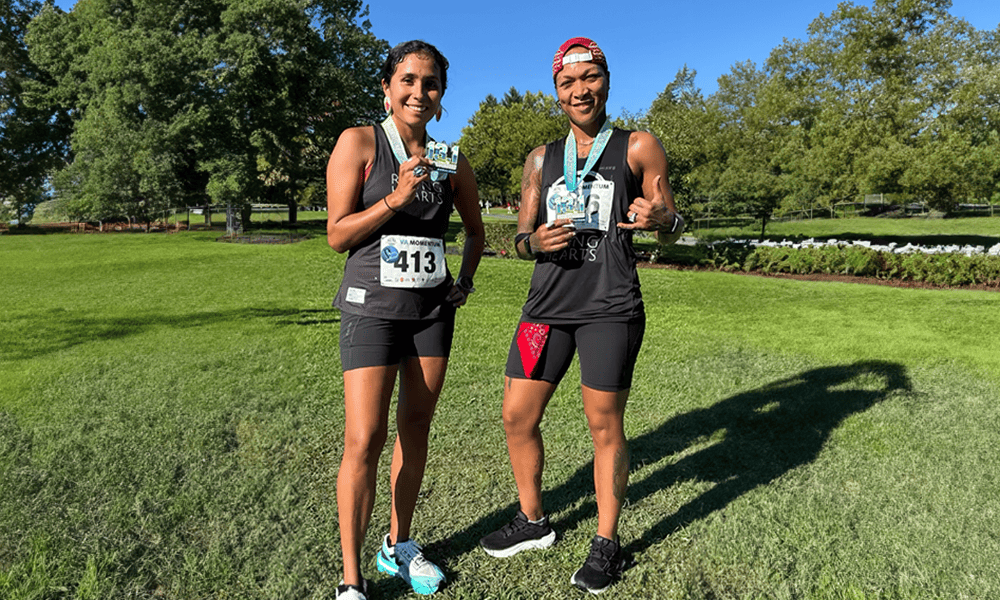May 3, 2024
There are more than 100,000 wheelchair basketball players around the world. Following extensive data analysis, research and input from wheelchair athletes, German sportswear leader, adidas, has partnered with US non-profit, Adaptive Sports Northwest (ASNW), on a first for the industry – a new line of basketball uniforms specifically designed for wheelchair and seated athletes.
The launch represents a significant milestone in the sports apparel sector. With the goal of creating a light and comfortable uniform, adidas took a critical focus on fit. Featuring cutting-edge ergonomic innovations in pattern engineering, the uniforms are designed to promote confidence while minimizing bulk and maximizing wearability. The uniform has lightweight woven front panels for durability and complete mesh rear panels for ventilation.
“From the very first conversations and open discussions that we had with almost 200 athletes with disabilities, it was clear that the main challenge had been the same for years: wheelchair basketball players wear ‘stand-up’ uniforms that are not designed for them and do not meet their needs,” shared Beatrice Fuller, Director of Concepts Apparel Innovation at adidas. “They were ill-fitting, long and had too much volume, resulting in excess fabric, heat buildup and discomfort. Simply put, they were not designed to help athletes perform at their best. With the creation of these uniforms, we delivered a solution that will help wearers feel more comfortable and confident on court.”

The uniforms debuted at last weekend’s National Wheelchair Basketball Association (NWBA) Tournament in Indiana, worn by the PNW Reign women’s wheelchair basketball team. Founded in 1949, the NWBA is the longest standing and largest Disabled Sports Organization in the world. Its 2024 NWBA Championship Series is the largest series of adapted sporting events in the United States, encompassing 1,800 athletes and 5,600 spectators.
Last month, adidas also revealed its Olympic and Paralympic kits for Paris 2024. The brand shared that, in addition to developing adaptive training apparel, 86% of its clothing worn on and off the field is made with design principles that guarantee it fits athletes with and without disabilities. Almost one in seven people around the world are estimated to live with a disability. adidas bases its approach to designing the best for the athlete on rethinking current design for maximum effect while concentrating on a particular sport and player demographic for innovation.
“The jersey design is more than just a piece of clothing. It is a symbol of empowerment and inclusion; a product that suits our needs and preferences, making it easier and more comfortable for us to play. It is a statement that we belong, and we matter; that our team is respected, and we are recognized as athletes. It is showing that sportswear can be designed for all people,”added Jenn Waggoner, PNW Reign athlete and Board of Directors President of Seattle Adaptive Sports, ASNW sister organization.
Photos: adidas
